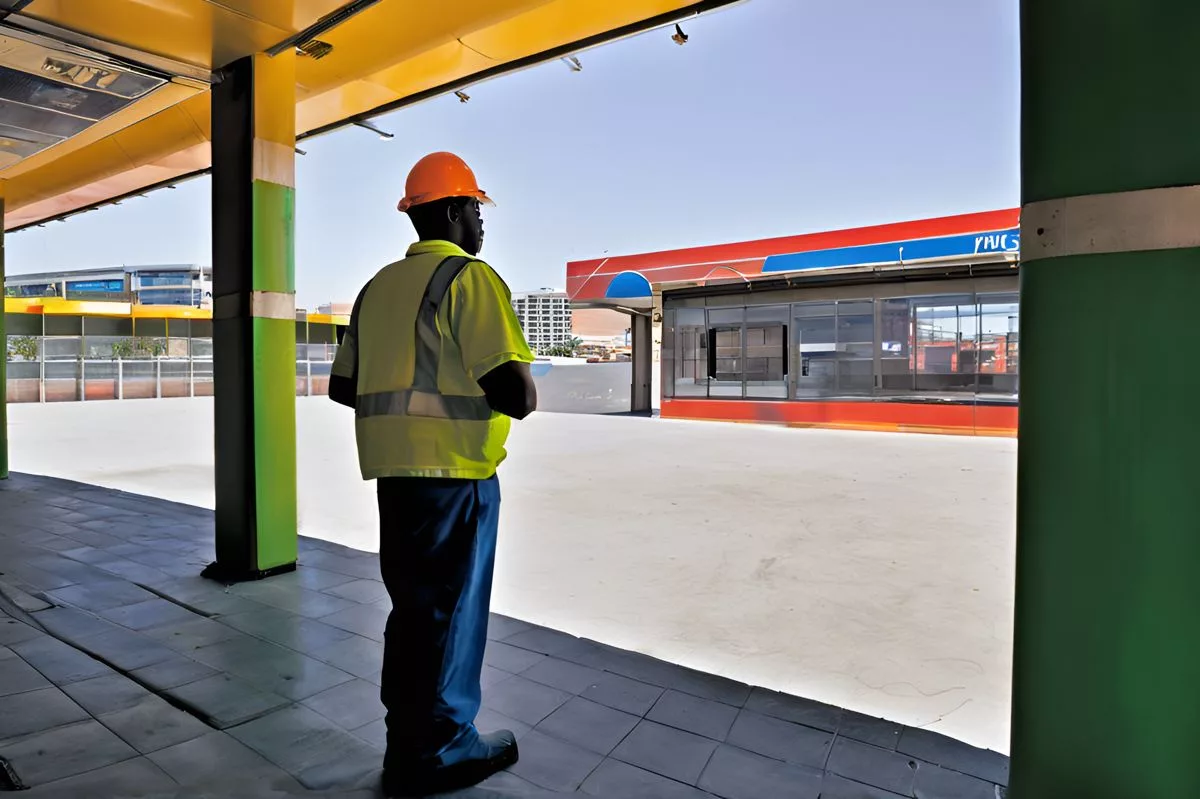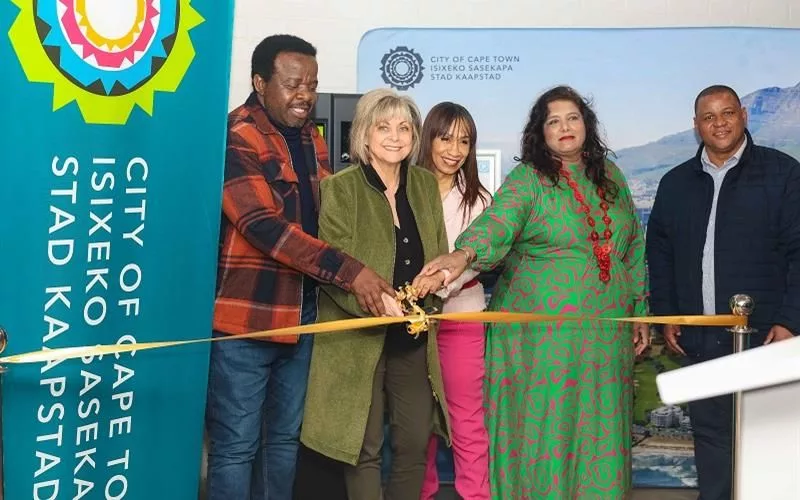Get ready for the Three Sphere Planning Session, a pivotal gathering of South Africa’s National Council of Provinces (NCOP) scheduled from Tuesday, 27 August to Thursday, 29 August 2024. The session aims to address political and bureaucratic interplay, foster consistency in planning and implementation across the three spheres of governance, and enhance intergovernmental relations. Ministers, Heads of Chapter Nine Institutions Supporting Democracy, and distinguished academia will attend, and media professionals and the public can follow the proceedings live online. This platform signifies a commitment to fostering a more transparent, accountable, and effective governance system for the people of South Africa.
What is South Africa’s National Council of Provinces Three Sphere Planning Session?
The Three Sphere Planning Session is a strategic gathering of South Africa’s National Council of Provinces (NCOP), scheduled from Tuesday, 27 August to Thursday, 29 August 2024. Its objectives are to address weaknesses in political and bureaucratic interplay, foster consistency in the planning and implementation processes across the three spheres of governance, and enhance intergovernmental relations. The session will be attended by Ministers, Heads of Chapter Nine Institutions Supporting Democracy, and distinguished academia. Media professionals and the public can follow the proceedings live online.
The upcoming week sees a pivotal gathering on the calendar of South Africa’s National Council of Provinces (NCOP), the Three Sphere Planning Session. Scheduled to take place from Tuesday, 27 August to Thursday, 29 August 2024, the session has been organised around a specific theme. That theme is: “Towards an Oversight Agenda for the Seventh Parliament: Delineating Key Oversight Priorities for the NCOP in the Seventh Parliament”.
Addressing Challenges and Streamlining Policy Implementation
The session’s objectives are diverse. Primary among these is to bring to light and engage with the ongoing weaknesses in the political and bureaucratic interplay which frequently throw a spanner in the works of achieving major development goals swiftly. This consequently creates considerable hurdles in the seamless functioning of the three spheres of governance—local, provincial, and national.
The decision of the NCOP to call this session is not only a strategic action to improve policy execution and enhance intergovernmental relations. It also provides a platform for the institution to carry out its constitutional obligations efficiently. These responsibilities entail functioning as a hub for coordination and execution, focusing on results-driven oversight, and thereby fostering consistency in the planning and implementation processes across the three spheres.
Leadership and Key Addresses
Taking the reins for this session will be the Chairperson of the NCOP, Ms. Refilwe Mtshweni-Tsipane. She is anticipated to underscore the NCOP’s vital role within the context of a developing nation. Her address will illuminate the Council’s objectives for the Seventh Administration and emphasize the necessity of supervising the enforcement of key inter-governmental relations (IGR) and cooperative governance legislation.
Contributing to the intellectual depth of the session, Deputy President Paul Mashatile will be addressing the meeting as Leader of Government Business. His address will concentrate on fortifying the coordination of the three spheres, focusing on the activation and implementation of the District Development Model. Moreover, he will explore the intricacies of the state’s capacity issue that frequently obstructs the fast-tracked implementation of key development priorities.
Engaging Stakeholders and Media Coverage
The planning session will be enriched by the presence of several key participants including Ministers from different departments, Heads of Chapter Nine Institutions Supporting Democracy, the South African Local Government Association, Premiers and Speakers from all provincial legislatures, representatives from the National Planning Commission of South Africa, the Parliamentary Budget Office, the Finance and Fiscal Commission, as well as distinguished academia.
The Three Sphere Planning Session, which is designed to be a hybrid meeting, will take place in the NCOP Chamber as well as on online platforms. The session will span three days, running from 9 am to 5:30 pm daily, and is expected to host lively debates and thoughtful discussions.
Media professionals interested in covering the event must email their information to designated contacts. The public will also be able to follow the proceedings live on Parliament TV, or stream live on Parliament’s YouTube channel and Twitter page.
A Catalyst for Change and Development
More than just a gathering, this session is a potent platform designed to ignite change and encourage growth. It seeks to identify areas of weakness and address them, thereby nurturing a sense of cooperation across the three tiers of government. It signifies a commitment to fostering a more transparent, accountable, and effective governance system for the people of South Africa. In essence, it stands as a testament to the power of dialogue, collaboration, and action.
When is the Three Sphere Planning Session taking place?
The Three Sphere Planning Session is scheduled to take place from Tuesday, 27 August to Thursday, 29 August 2024.
What are the objectives of the Three Sphere Planning Session?
The objectives of the Three Sphere Planning Session are to address weaknesses in political and bureaucratic interplay, foster consistency in the planning and implementation processes across the three spheres of governance, and enhance intergovernmental relations.
Who will be attending the Three Sphere Planning Session?
The session will be attended by Ministers, Heads of Chapter Nine Institutions Supporting Democracy, distinguished academia, the South African Local Government Association, Premiers and Speakers from all provincial legislatures, representatives from the National Planning Commission of South Africa, the Parliamentary Budget Office, the Finance and Fiscal Commission, and media professionals.
Who will be leading the Three Sphere Planning Session?
The Chairperson of the NCOP, Ms. Refilwe Mtshweni-Tsipane, will be leading the session, with Deputy President Paul Mashatile addressing the meeting as Leader of Government Business.
How can media professionals cover the Three Sphere Planning Session?
Media professionals interested in covering the event must email their information to designated contacts. The public will also be able to follow the proceedings live on Parliament TV, or stream live on Parliament’s YouTube channel and Twitter page.
What is the significance of the Three Sphere Planning Session?
The Three Sphere Planning Session signifies a commitment to fostering a more transparent, accountable, and effective governance system for the people of South Africa. It seeks to identify areas of weakness and address them, thereby nurturing a sense of cooperation across the three tiers of government. In essence, it stands as a testament to the power of dialogue, collaboration, and action.












